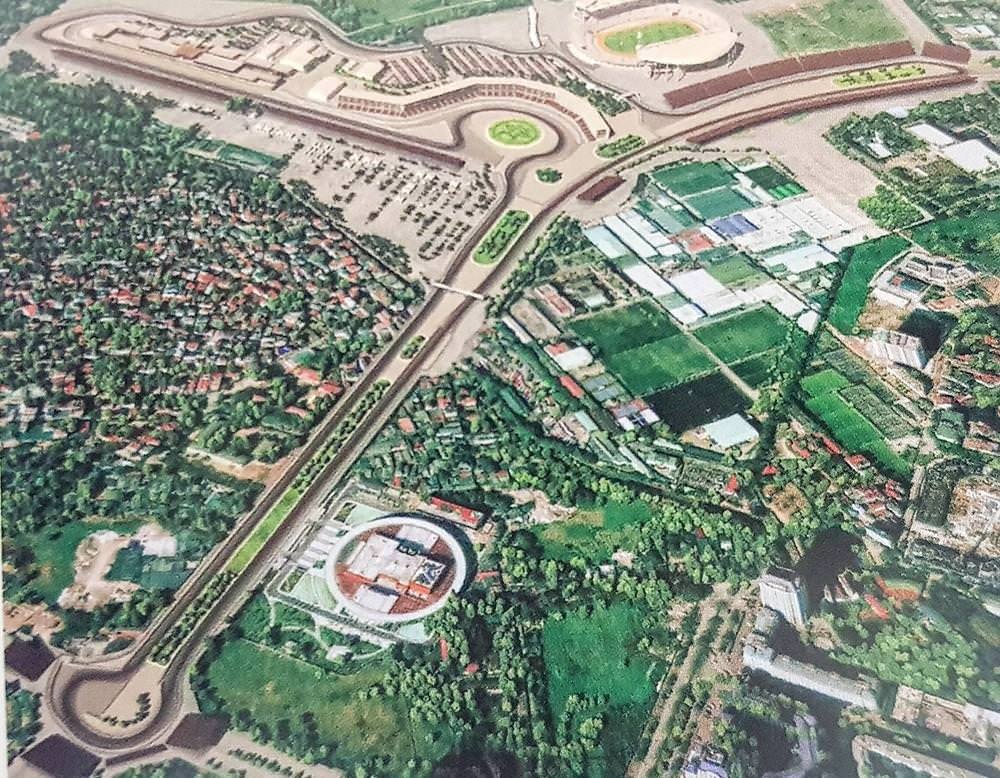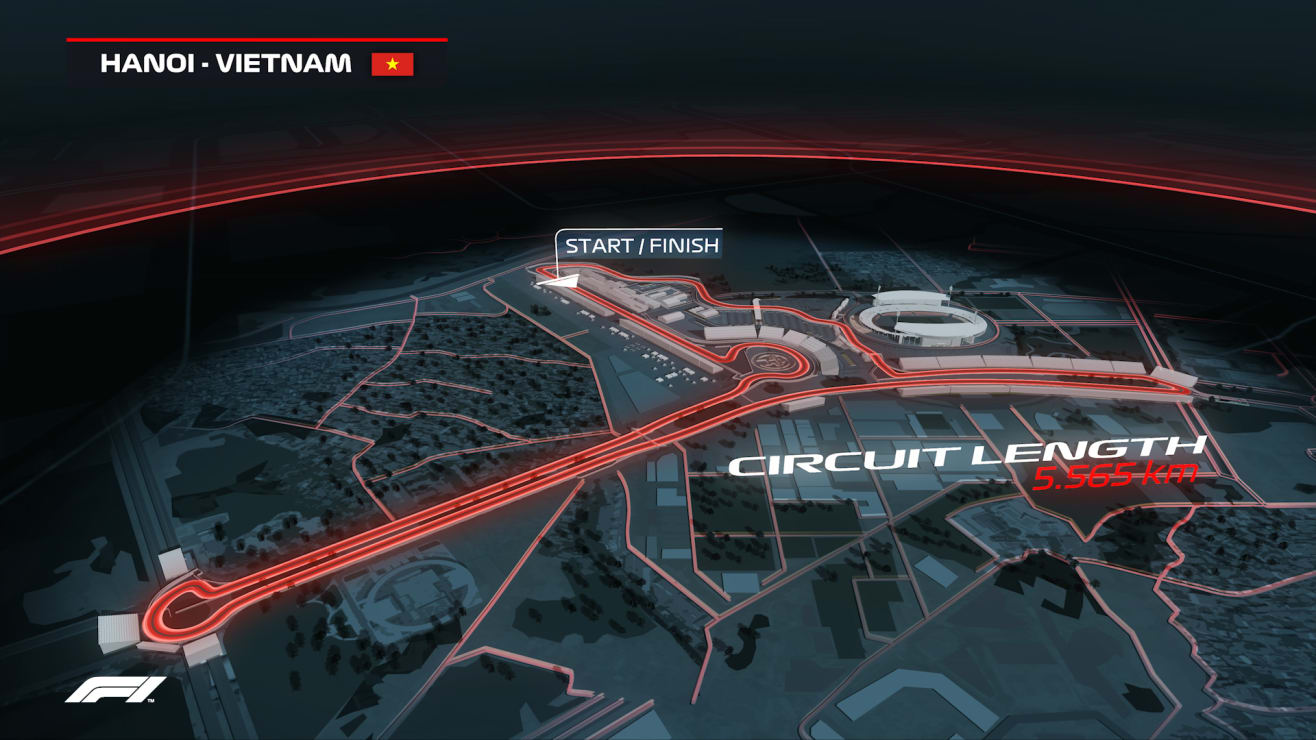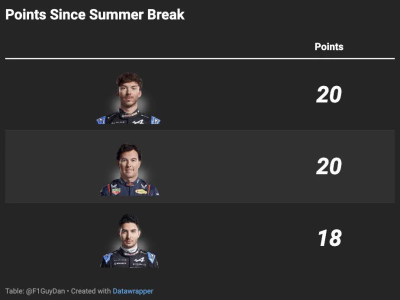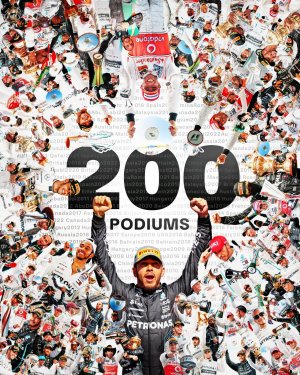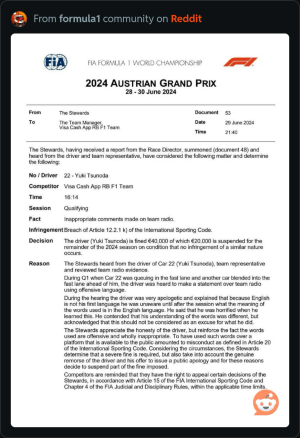It’s a very tough decision.
Especially for the employees involved in all the traveling.
A few days ago I read about inplementing holidays after the 2019 season for the employees at the end of the year.
I don’t know, if 23-25 races are possible for the employees.
Besides a big extension they should also look at the possibility of exchanging current Grand Prixs.
Personally I’m no big fan of the races in Spain, Australia, Hungary, France and Russia.
Plus the special case of Monaco.
The advantage of having less races, e.g 16, is that each Grand Prix has a higher value. Could be a economical aspect for the F1 management, but this would probably mean the end for traditional tracks.
I was also going to mention quality over quantity in terms of the circuits we have but can we put the blame solely on the tracks when the design of the cars mean they can't overtake?
Do you think any of the tracks will go from bad to good or great with cars that can follow?
Socchi for example is so dryyy but I like turn 3 and wonder how different it'll be with cars that can follow each other.
We saw how Lewis overtook Vettel there and since it's a bend, it's hard to defend since your mirrors won't help. It would make for great racing IMO.
As for tracks having more value with less races, like you said money rather than the quality of the track wins so it could even be worse if there's less races.
My initial reaction to the massive calendar is more towards the team personnel. They'll all easily burn out by race 17 or something... and most will end up quitting the sport. I'd love to watch more F1, but anything more than 18 is getting ridiculous.
True, you can drop some of the more boring tracks... Russia, Paul Ricard, etc.
Less is more, or something like that.
I think time away from family is more of an issue than burnout. I don't know the full full logistics and schedule of all the team personnel in the paddock but who knows what the limit is.
You both bring up a good point though about burnout though but as this is a team sport, can you in a sense consider the employees especially the ones who travel to be athletes as well?
The mechanics, guys on the pitwall, guys back in the factory in race control are directly involved in the sport.
Should they step up to deal with the demands of the extra races the same way a driver continually has to keep stepping his or her game up e.g. when moving up from a junior category to F1 due to more demanding machinery and tougher opponents or even just rule changes when the formula gets changed?
I remember the first time we had a night race in Singapore and everyone had to adapt, blacking out windows in their hotel rooms and keeping their body clock to European time to be on point. We've seen mechanics stay up all night to fix issues in cars and still have to be up the next day.
I think of teams in football who for the first time qualify for the champions league or even Europa. All of a sudden you have more matches to play in the season and you're doing a lot more traveling but you have to adapt to it.
Maybe I'm thinking about it wrong and just trying to make excuses because I find the gap between the last race to car reveals and testing very long





